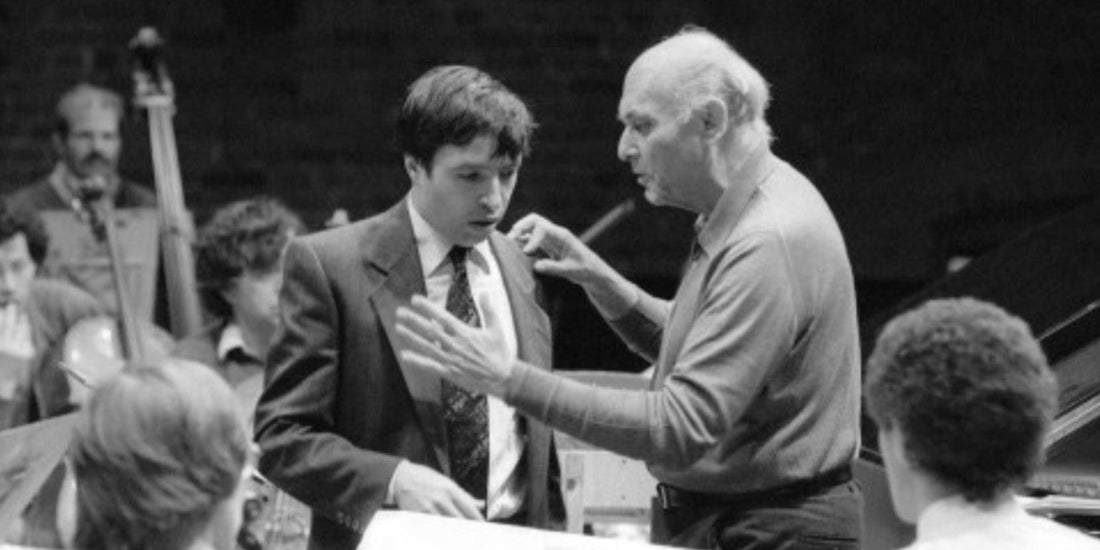
Murray Perahia – Sephardic genius at the piano
When one hears the name Murray Perahia , many immediately think of his profound interpretations of Bach, Mozart, or Schubert. Less well known, however, is that this great pianist and conductor comes from a cultural background as rich as his musical output: Murray Perahia is a Sephardic Jew—a heritage that resonates quietly but meaningfully in his life and work.

Who is Murray Perahia?
Born in 1947 in the Bronx, New York City, Perahia grew up in a Sephardic Jewish home. His family originally came from Thessaloniki, Greece, a city that once housed one of the largest and most important Sephardic Jewish communities in Europe—until it was almost completely wiped out in the Holocaust.
Perahia began playing the piano at the age of four, but it wasn't until his teens that he developed a deeper passion for music. He later studied at the Juilliard School and became a student of Mieczysław Horszowski. His international breakthrough came in 1972 when he won the Leeds International Piano Competition—a prize that launched his international career.

The silent influence of the Sephardic heritage
Perahia rarely speaks directly about his heritage—his interviews focus almost exclusively on musical topics. Nevertheless, there are subtle hints of his Sephardic identity:
-
Linguistic roots : In interviews, Perahia has occasionally mentioned that his grandparents spoke Ladino at home—the language many Sephardic families still use today. This cultural heritage was part of his childhood, even if it was never a prominent feature.
-
Musical sensibility : Sephardic music is known for its deeply emotional soundscape—melancholy, longing, but also warmth and spirituality. It's tempting to draw parallels with Perahia's playing: his interpretations are never superficial, but rather permeated by an inner voice, a kind of quiet meditation. This "soul" is particularly evident in his Bach and Mozart interpretations, which doesn't overtly assert itself, but has a lasting effect.
- Religious depth : Perahia is a religious person. His long-standing engagement with spiritual and philosophical texts (he was closely associated with the conductor and religious thinker Daniel Barenboim) may also be due to a Sephardic influence—for in the Sephardic tradition, the interplay of music, mysticism, and education is a deeply rooted value.

Conclusion: More than technology – a cultural depth
Murray Perahia is far more than a piano virtuoso. His playing is touching because it is not only technically brilliant, but also humanly profound. Perhaps part of this depth lies in his Sephardic heritage – a tradition that has combined suffering, hope, and culture for centuries. Even though Perahia himself rarely speaks publicly about his roots, they live on – in every note he plays.

In fall 2025, the JCOM will explore the music and culture of Sephardic Jews in the project THE KEYS OF TOLEDO. This project is funded by the Foundation for Remembrance, Responsibility and Future (EVZ) and the Federal Ministry of Finance (BMF) as part of the "National Socialist Injustice" educational program.
Current concert dates at www.jcom.de/konzerte .

